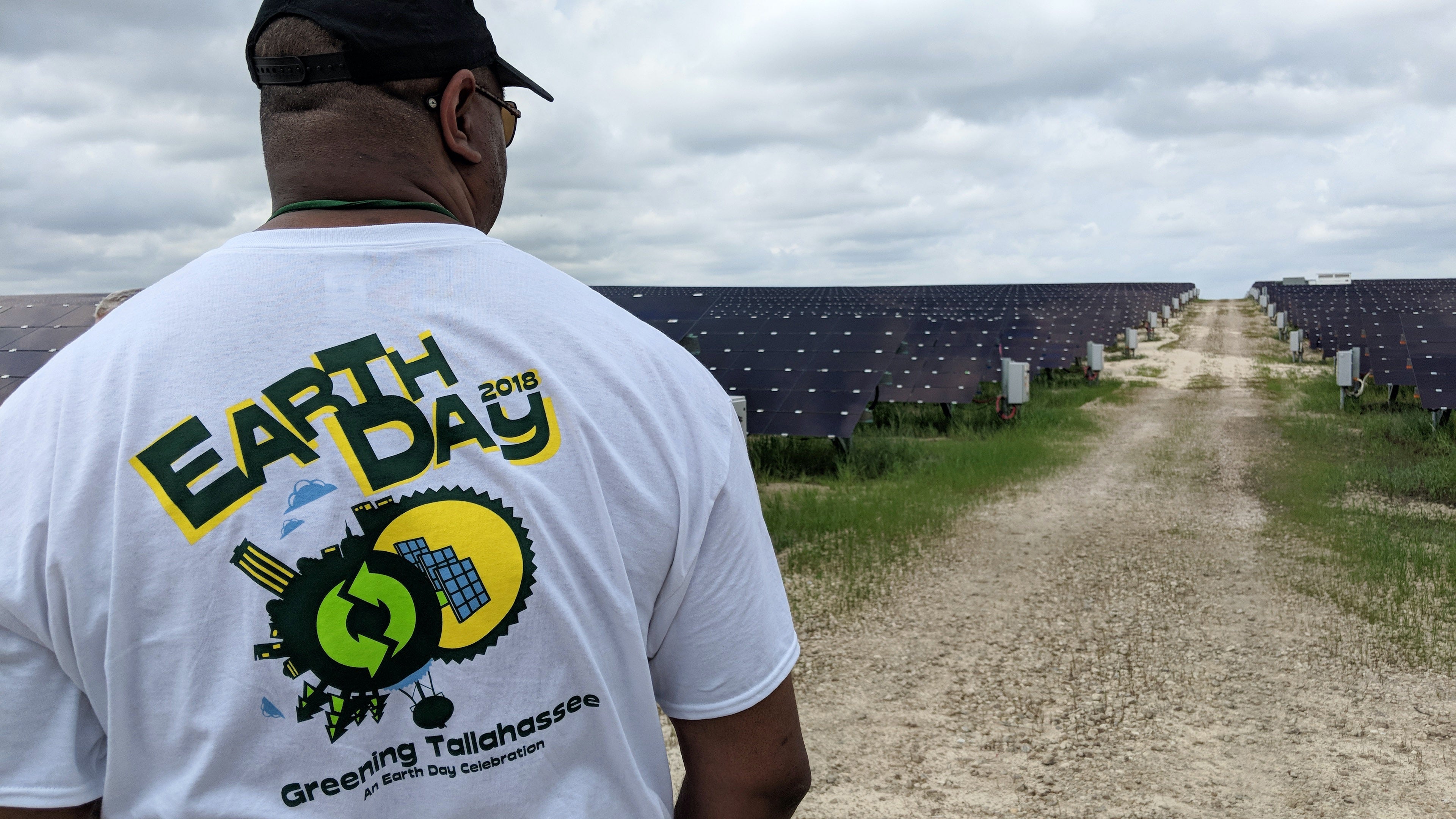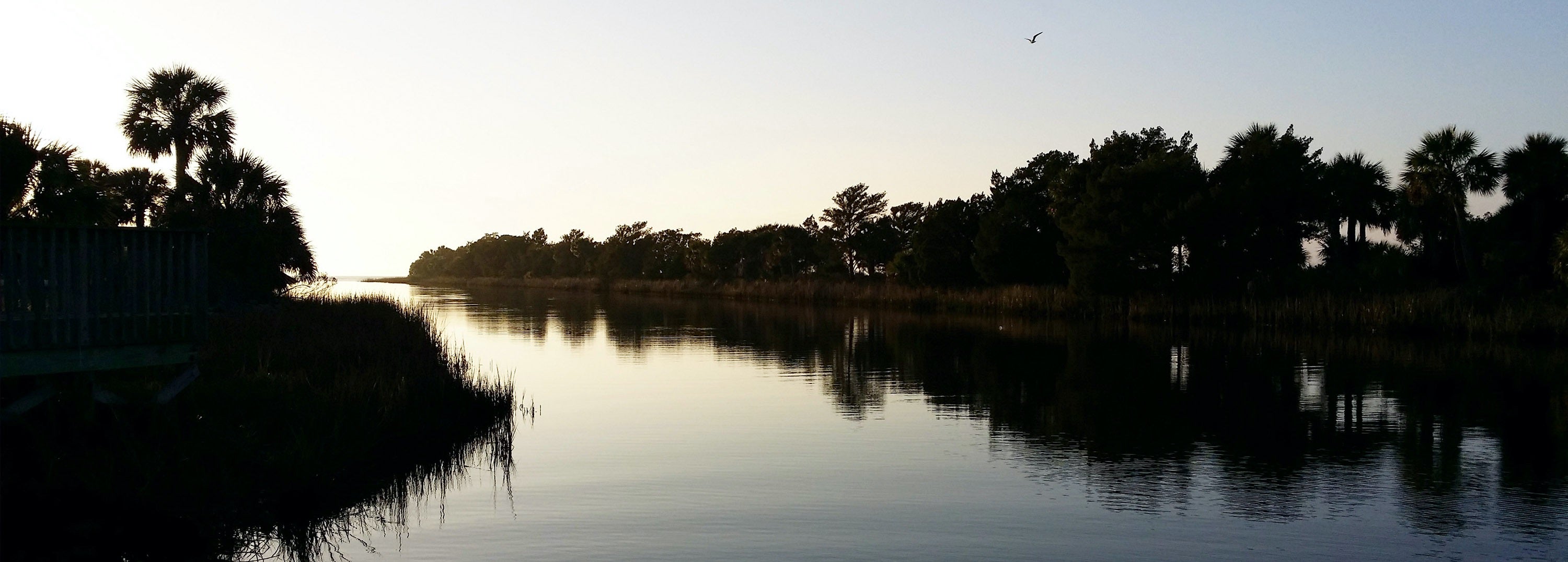
Each year, many students take advantage of the highly-respected Clinical Externship Program offered by the Center for Environmental, Energy, and Land Use Law, which includes many extern opportunities in the fields of Environmental and Land Use Law. Below are some of the environmental externship opportunities for Environmental Law Certificate students. Students, please visit the FSU College of Law Externships site on Canvas for the most current externships information and to apply.

